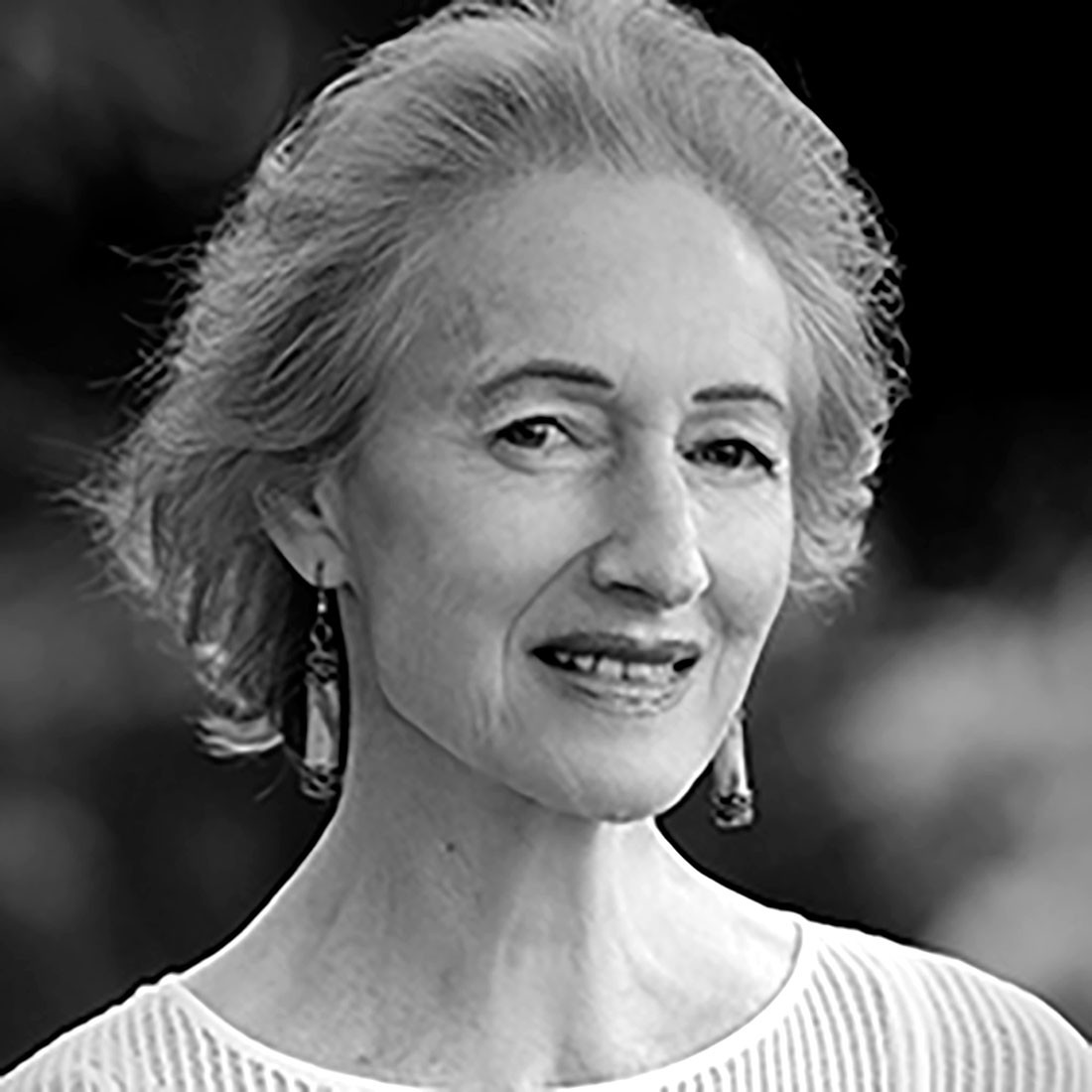Janet Hawley
Your latest book, Wendy Whiteley and the Secret Garden, deals with especially sensitive, private information, the garden having emerged as an expression of Wendy’s grief. Yet the site itself is there for everyone to enjoy. It is already part of the Sydney’s folklore and on every tourist map. Did this present a difficult counterpoint for you as the writer?
I really admired what Wendy was doing as I watched the garden grown and grow. She did not want to be written about too soon in case the State Government which owned this redundant railway land would, stop her huge guerilla garden or sell off the land for redevelopment. Wendy and I talked about how we might make it into a book. If we did, it would have to be the most beautiful, sensuous book that truly reflects Wendy Whiteley’s artistic aesthetic, Brett Whiteley’s Lavender Bay paintings, the intimate beauty of the garden and of the Whiteley Lavender Bay house. It had to be an exquisite object or it was not worth doing. Wendy has exacting standards. Everything had to be top quality – the words, the photography, the paper, the printing process… We got many offers from publishers but the end we went with Julie Gibbs who was head of Lantern Books at Penguin Random House at that time. She really understood that the book had to be beautiful, and we had a wonderful designer Daniel New and Jason Busch is a great photographer.
In the book I had to tell two back stories – the site at Lavender Bay, and its rich history, the story of Brett and Wendy living at Lavender Bay and the interiors that Wendy designed in their house that Brett paints in all those Lavender Bay paintings. She has so many artistic skills herself.
It started as a garden of grief. Wendy had lost her husband and her only child, their daughter Arkie, and it was hacking away at that huge mess that helped her to get through the massive grief, and eventually she found some kind of pleasure out of seeing it all grow and develop. It was a new life for her. It was very healing and she began to find a new reason to live and a new sense of purpose and she was determined that she would keep doing this
Why do you think the garden keeps on attracting so many visitors and the book has done so well?
This is the 5th print run now – 15000 copies have been sold. They say that people don’t buy books any more but people seem to love this book and they treat it like a precious object. A lot of really nice groups of people come to visit the Secret Garden, especially groups of interesting women from far and near. They travel for ages and come and spend the day in the garden. They love the story and they seem to feel a personal connection with Wendy’s 20 year journey transforming a wasteland into a glorious garden, for everyone to share, and transforming her own life in the process. It is not at all like any other public garden. Even though the garden is quite large, it feels so intimate and full of private, contemplative spaces, as well as joyous surprises. You go into Wendy’s garden and it breaks all the rules of public garden architecture. People often hover at the top and cautiously ask if they can come in. It has the feeling of a private garden.
You must become particularly close to your subjects when you are working. How much time did you spend with Wendy in order to be able to write this book?
When I left Good Weekend Magazine I had time to do a book. Wendy and I had talked about doing a book for a long time but it is a huge commitment. It took two years to write. I knew the garden and its fuller story had to be properly documented, in order to get it saved. And it worked. Within three weeks of the book being published, NSW Premier Mike Baird came to visit the garden and declared it was a no brainer to save it, so now there’s a 60-year lease to protect the garden.
As an award winning journalist and author of several books, including Artists in Conversation (a favourite of mine), can you tell us something about your career journey?
The private school I attended had rigid ideas about education. Art, like sewing and typing, was for dumb girls. So if you were not one of the dumb girls you left school with no knowledge of art, or anything creative. My father was a business man but my mother had turned 4 acres of land into a beautiful garden. It was a haven of nature and I adored it. When I left school I knew I did not want to work with those grey men in suits. I started to study a B.A. at Sydney University but then fell into journalism. Journalism was so different to my cocooned North Shore upbringing. I applied for and got a cadetship and really flourished when I moved to The Australian. In those days The Australian had a very small staff and we were really pushed to write with an original eye and at high standard. We had to come up with feature stories every day – so you were always looking for new interesting subjects. Brett Whiteley was the first artist I interviewed. It was a bit terrifying – Brett was the new superstar- rock star artist, and it was the opening of his big exhibition in Paddington, showing his famous work the American Dream. It was 6pm and you had to write quickly and phone in a story. But when I interviewed Brett, he was on a high and a spew of words came out of his mouth – totally disconnected – the opening was like a happening – there were hoards of people milling around – music, recorded birdsong, cicada noise, dope galore, flashing lights. After that night I thought if that was what artists were like I would never interview another one. Then I got to know Brett better and started to understand ‘Brett speak’ and found he was a fascinating and lucid speaker. That led me on to spend more time in galleries and studios, and get to know and interview more artists.
Wendy Whiteley and the Secret Garden is your third book that draws upon the world of art. You seem to be fascinated by artists. What brings you to the world of artists?
I have been writing about art since my 20’s. I found I got on well with artists, probably because I was genuinely interested in their work. Artists are wonderful talkers because they spend so much time alone in their studios and they think long and deep and hard about many things that most people don’t have time to do any more. Modern life and work has become so rushed and constantly interrupted with checking emails, texts, social media, skimming and multi tasking. I have never had the response: “I don’t talk about my work. It speaks for itself.” Artists are passionate people who have to be very self-disciplined to work. It’s just them alone with their canvas and at the end of the day they are happy to have a glass of wine and a conversation. I found artists, as a type of person, just fascinating to be with. I have never played critic or judge. That’s a totally different role, and I admire good art critics.
I am the profiler, encouraging the artist to explain in their own words why they have painted these paintings, how the ideas started, how the magic happens when their creativity begins to flow, and the angst they all go through, struggling to get the work right. I have always wanted to make the reader feel as if they too are in the studio, being part of the experience and getting to know the artist, as well as their art.
In preparation for your books you must ask people to tell you about very personal aspects of their lives. How do you negotiate that space, preserving the personal integrity of the artist and at the same time giving the reader a rich and satisfying glimpse into his or her world?
I am the person who is trying to allow the artist to live on the page. It was a privilege to be allowed to have time in their studios and go on painting trips with them. It takes time to establish that basis of trust. As I published articles and books my reputation helped to build that trust because they knew I would not abuse it. There was mutual professional respect. I have my own old fashioned set of professional ethics. There are certain things about this cult of celebrity and there are places you should not go. You end up knowing a lot more than you want to write. My attitude is that certain private things must remain private and the world does not need to know about them. I keep private, private. Once subjects know your set of ethics they come to trust you.
Finally a personal question. What do you like to do on your days off?
I love the outdoors and nature. I am always trying to get to my own garden. I try and catch up with my old friends, especially my women friends. I do value the time for friendship, more and more. We try and meet and do stuff outside, in lovely venues, or in art galleries and we love conversation – good open honest free ranging conversation – sitting at the beach – cooking nice food and enjoying it with a glass of good wine.
Thank you very much Janet. I really enjoyed our conversation. Looking forward to meeting you and Wendy at the St Albans Writers’ Festival.


